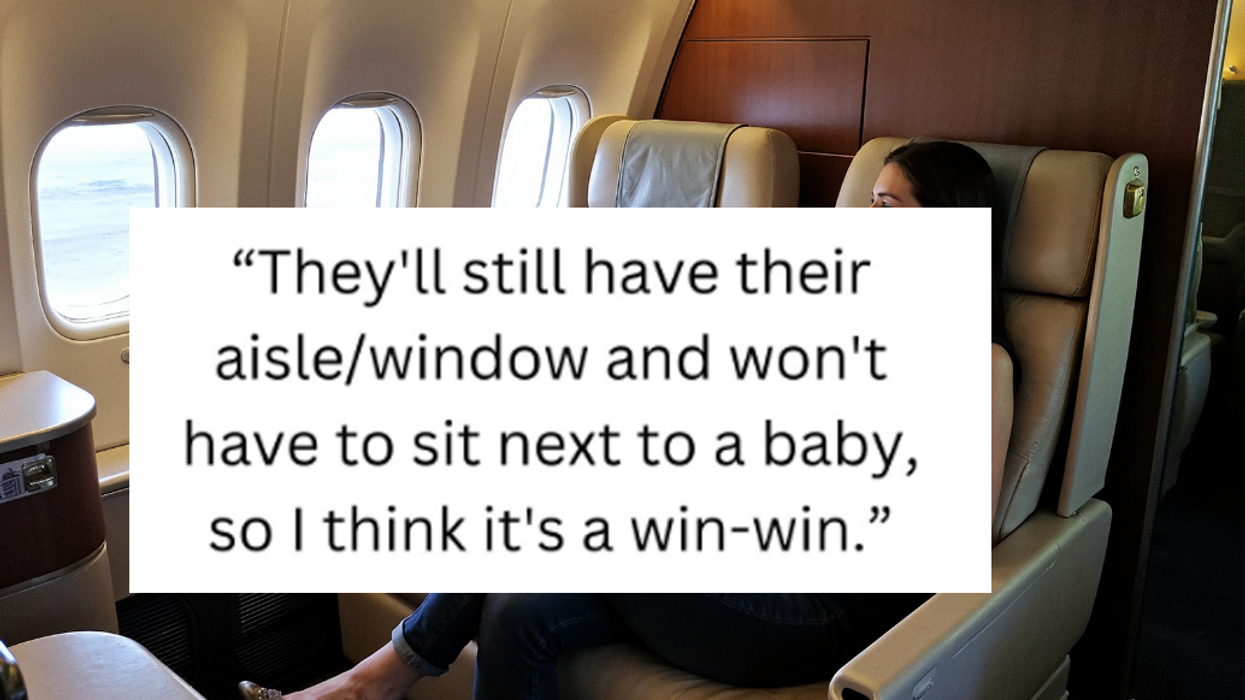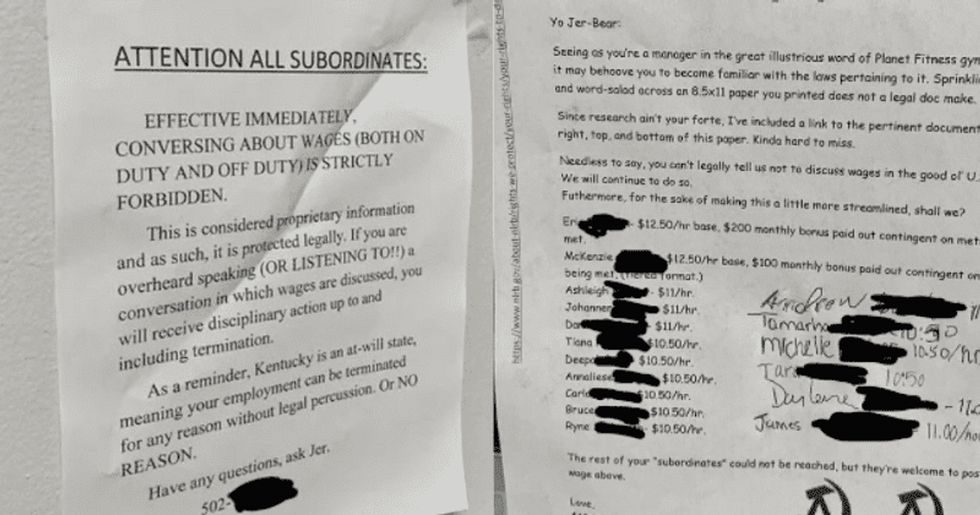Pregnancy can introduce significant challenges for working women, from morning sickness and hormonal surges to exhaustion and brain fog. For Paula Miluska from Birmingham, UK, requesting accommodation for her pregnancy symptoms led to an unexpected—and unprofessional—termination via emoji.

Miluska, an investment consultant at Roman Property Group Limited, learned she was pregnant in October 2022, shortly after joining the company in March. She quickly experienced severe morning sickness, causing her to frequently leave work early. Seeking support, Miluska messaged her line manager, Ammar Kabir, explaining her situation: “The midwife was saying that at the moment if I can work from home, it’ll be best as these next two weeks are usually the peak of pregnancy nausea due to hormones.”
Instead of offering support or solutions, Kabir responded vaguely with a “jazz hands emoji,” writing, "I hope to see you soon. We've got a lot of catching up to do outside of work." He later justified the termination by claiming the company needed someone physically present due to business struggles.
Taking the matter to court, an employment judge ruled decisively in Miluska's favor, concluding her termination was directly related to her pregnancy—a clear injustice. Analyzing their communication, the judge found minimal interaction until late November, when Kabir briefly checked in, asking how she felt.
Miluska honestly described feeling “horrendous” from her morning sickness. Kabir replied asking if she could cover some work days while he took a holiday. Unable to accommodate this request, Miluska responded: “Oh gosh, I was about to message you about taking the week off. I was sick six times today, and if it doesn’t ease up within the next few days, I’m going to have to be admitted to hospital. I don’t think I’ll even be able to work from home, never mind the office.”
Kabir stayed silent until December 1, when he abruptly texted, “Hey, hope ur OK u [sic] probably guessed by now will need to try and find someone to be in the office as we’re falling behind on work I just want to say I hope you don’t take it personally or see us as bad, but we are really struggling.”
This message stunned Miluska, who responded, “I’m confused with what’s going on. I’ve been working remotely as agreed since I told you I was pregnant to the best I can while suffering from maternity-related sickness. I’ve secured another allocation despite feeling worse than ever during the peak of morning sickness, and now you’re firing me?”
Employment judge Garry Smart made it clear that Kabir’s message objectively ended Miluska’s employment. Although Kabir attempted to deny wrongful dismissal claims, the judge dismissed his arguments entirely. Consequently, Miluska was awarded a compensation of £93,616.74 ($117,845).















 It wasn't even February, so she wasn't expecting what came next.
It wasn't even February, so she wasn't expecting what came next.  The hug came first, the 'yes' took a few moments more.
The hug came first, the 'yes' took a few moments more. 






 Representative Image Source: Pexels | Oleksandr P
Representative Image Source: Pexels | Oleksandr P  Layout of the plane seatsImage Source: Mumsnet |
Layout of the plane seatsImage Source: Mumsnet | 




 Image Source: Joshua Potash | Reddit
Image Source: Joshua Potash | Reddit 



 Representative photo by luis arias |
Representative photo by luis arias | 
 Representative photo by Jamie Lee |
Representative photo by Jamie Lee | 
